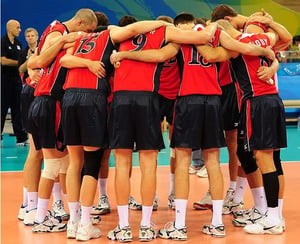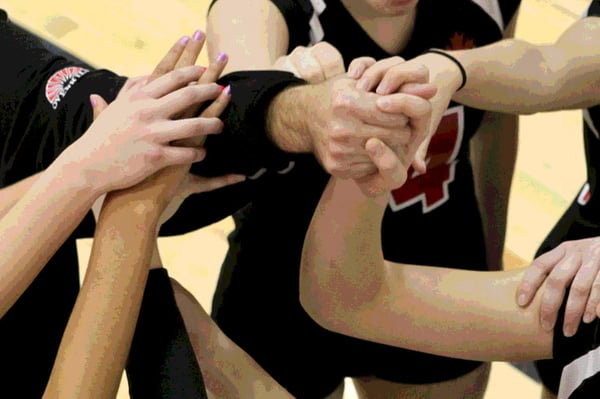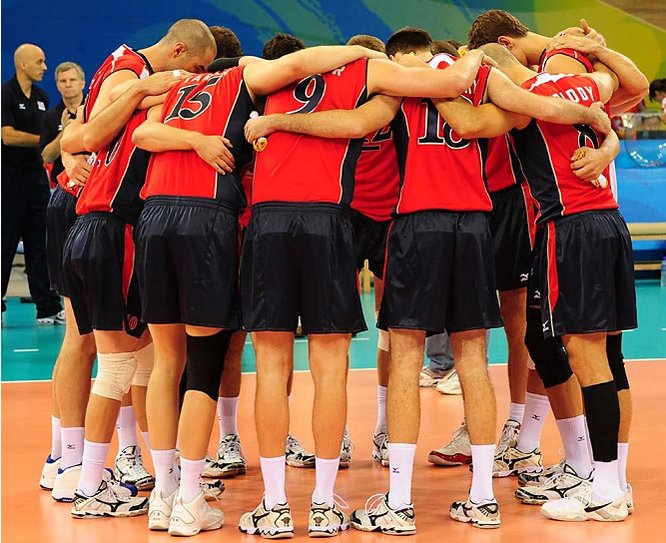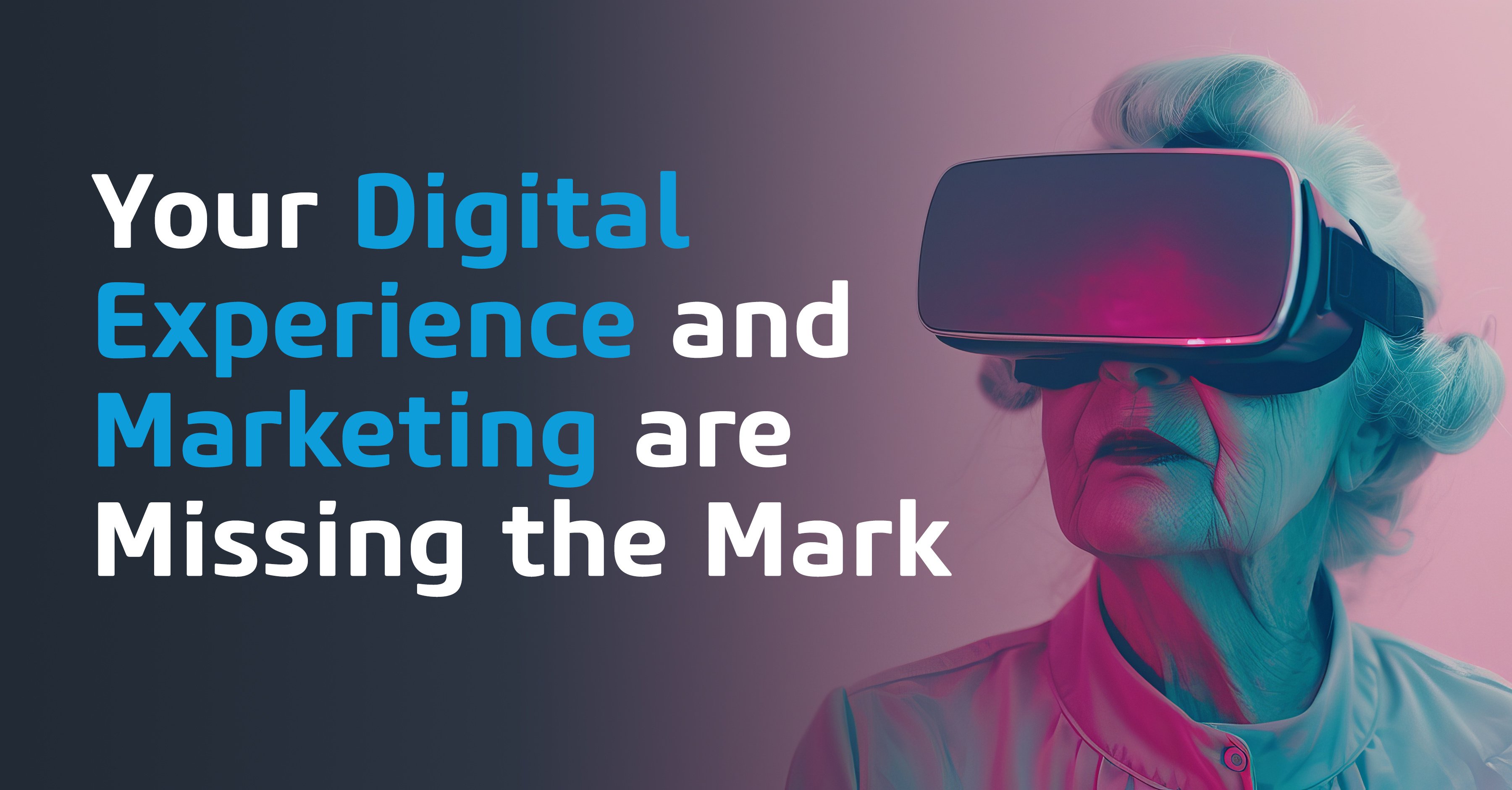For many years I had the privilege of being able to play various roles in building a community sports organization and working in sport at the provincial level, learning from coaches with immense experience, who are devoted to developing the sport community in general.
Despite being mostly “retired” from these roles, I still find myself applying athlete development analogies to business and professional development situations. There is so much we can learn in business from those who are very skilled at mentoring athletes and coaches.
There are countless analogies and comparisons between sports and business, for very good reason. My first-hand experience with athletic coaches combined with my consulting role at Online Business Systems (Online), has provided me with some insight I’d like to share with you today. Poignant teachings and takeaways that hopefully leave as positive a lasting impression on you, as they did on me.
I have selected seven very specific lessons from my time involved with sport.
In this first blog I want to highlight the first three that have resonated with me over the years.
1. The team that knows why, beats the team that knows how.

*Photo credit: Robert Beck, Sports Illustrated
The U.S. men's volleyball team huddling in a moment of silence before their first game without coach Hugh McCutcheon, whose family member suffered a major tragedy at
a popular Beijing tourist site. The team would rally in the wake of this incident, winning a gold medal.
A team that knows why they do something, not simply how to perform it, can stand on their own, adapt and evolve, and find the path to success in the competitive cauldron. This lesson was related to me in the context of the US men’s team performance in Beijing.
"I am training the kids to stand without me" - Hugh McCutcheon, USA men’s volleyball coach for the Beijing Olympics, whose family experienced a major tragedy just days before the games, which forced the team to coach itself for their first three matches. How did the USA men do without their coach?
They went undefeated, ultimately winning the Gold medal.
They survived because their coach had taught them not just how to mechanically or tactically do something, but why they were doing it. Thus, they understood, without their coach, how to survive and adapt and win at Olympic volleyball, where the margin in a set is usually down to a couple points out of 25.
When I connected this week with John Kessel, Director of Sport Development at USA Volleyball, who had first related the men's experience to me, he offered another quotation:
“The man who knows how will always have a job. The man who also knows why will always be his boss. As to methods there may be a million and then some, but principles are few. The man who grasps principles can successfully select his own methods. The man who tries methods, ignoring principles, is sure to have trouble.”
-Harrington Emerson
Similarly, as consultants it is far more important for us to understand why we need to do things, than simply be able to do them. Too many blogs I read are like “fast food”, offering you instant gratification by showing you how to construct something in eleven minutes, but what if you need to build something completely different? Methodologies are guidelines for the wise, and rules for the foolish. Every project scenario we need to adapt to is different.
To assess, to teach, to mentor those we work with, to enable our clients to meet their objectives – this is how we fulfill our client’s needs. And mentoring makes you a better player - that which you teach, you learn.
2. Able to play many positions but be world class at one.
This is the philosophy of another Olympic team coach for building successful teams. This is who we need to strive to be, flexible enough and skilled enough to be ‘subbed in’ at different positions when the need arises; but also, to be an absolute expert at the things we are passionate about.
At Online we are life-long learners. We are on a quest to continually develop ourselves personally, to challenge ourselves as a company, and to guide our clients towards the best solutions. We can’t do that by always continuing to do what is safe and comfortable. We encourage each other to think outside the box and bring new ideas to the table. We challenge ourselves and each other (in a good way).
We lead from the front and continue to look forward, so we’re not left behind. We need to be adaptable and able to do many things, but passionate and energized about those things that we strive to be best at.
Put me in, coach! What position do you want to be world class at? Where else might you be subbed in? (a hint… wisely use your “time between contacts”, explained in Part Two.)
3. Athletes don't care how much you know, until they know how much you care.
You cannot reach an athlete and instruct them, until they know you care about them as individuals. They build walls, they shut down, they have the thousand-yard stare. All of your knowledge has gone to waste. None of it is absorbed.
As John Herdman, coach of Canada’s national women’s soccer team, said to his goalkeeper Karina Leblanc “If you think your purpose on this earth is to play soccer for Canada, then I have failed you.” Those who have been involved will understand that athlete development is about building great members of our community. Sport is simply a vehicle. Why should business be any different?
How you play for your team is how you would have them play for you. How you support them, is how you learn to rely on them to support you back. It’s not a give-and-take mindset however; it’s something much deeper. A symbiotic relationship of balance and shared responsibility to achieve a higher common goal.
When you sincerely care about reaching or exceeding the goals laid out for you, the critical components of achieving those goals are in turn, elements of the goal itself. There isn’t just one team member on the court trying to score for your team; it’s the understanding that the goal may not exist without each of those other members. When you care for the goal, you are actively caring about everyone that will help attain that goal.

This “caring for others” is one of Online’s five core values. At Online we care as much about others as we do about ourselves. We have teammates even when we are not working in a team. We are members of a professional family that extends to our clients. We support each other during the good times and the bad. We are respectful of each other’s opinions and beliefs. We have each other’s backs and provide the support and caring we know will be returned in kind when we need it ourselves. Caring and empathy knows no roles, titles, or tenure. It comes from all and is delivered to all equally.
In Part Two I’ll share four more lessons that shape my day-to-day thinking at Online. They are all valuable in different ways and will stay with me long past my employment years. The lessons we learn from sport, and how we merge them into our work and personal lives, are paramount to who we become as individuals in our communities.
If you’ve never played sports, there is still time to get out there and play ball. If sports aren’t your thing yet you’re still intrigued by how these analogies come to life at Online, you should look at our Careers section here on our website. We are always looking for new Onliners to add to our roster.




Submit a Comment